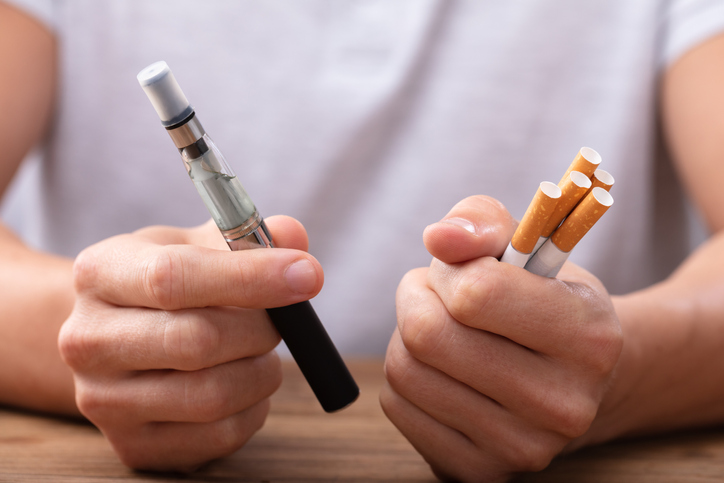France moves to ban disposable e-cigarettes
December 5, 2023

French parliament has backed a proposal to ban single-use electronic cigarettes, considered to be gateways to tobacco addiction for teenagers and harmful to the environment.
The lower house National Assembly late Monday voted unanimously for the move, which still needs backing from France’s upper house Senate and clearance from the EU Commission. Disposable e-cigarettes, known as “puffs”, are popular with young people, can have a high nicotine content, come in many flavours and are cheap.
“They open a pathway to serious addiction,” Health Minister Aurelien Rousseau said. “They’re ridiculously cheap, the fruity and sugary flavours are attractive, and their small size makes them easy to hide from parents,” said deputy Francesca Pasquini, who submitted the draft law in November last year.
Co-sponsor Michel Lauzzana observed that France’s National Academy of Medicine qualifies puffs as “a sneaky trap especially for children and teenagers”.
The motion, approved by 166 members of parliament, has the backing of Prime Minister Elisabeth Borne who had in September called for a ban on the single-use vaping devices.
The vote for the bill was unanimous, although far-left lawmaker Rachel Keke called on the government to “set an example”, a remark seen as aimed at Borne who is often seen vaping during parliamentary debates.
The members of parliament also deplored the ecological impact of the disposable e-cigarettes, which Rousseau called an “environmental calamity”.
Pasquini said they had a high content of plastic and lithium which required great amounts of oil and water for their production which were extracted “across the world in lamentable conditions”.
The measure, part of a wider government anti-smoking campaign, will now go to the Senate for approval.
It then needs the green light from the EU Commission which will notably rule on whether a ban would be a “proportionate” response to the problem. If that process goes smoothly, the government said it hopes the ban will be effective by September 2024.
